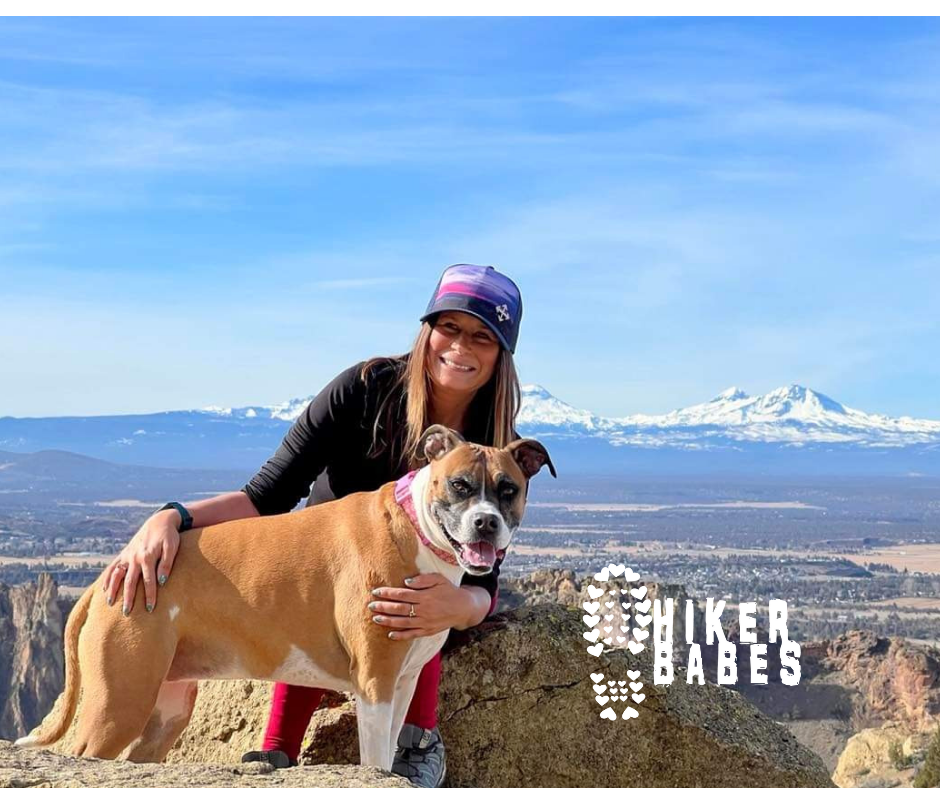What Every Hiker Should Pack for the Trail
- monique redmon Founder of HBC

- Jun 15
- 3 min read
Hiking is one of the most rewarding outdoor activities you can do. However, no one wants to be caught unprepared. Whether you're planning a short day hike or a multi-day trek, packing the right items is crucial. Here's a comprehensive guide to help you understand what every hiker should pack for the trail.
Hiking Preparation: Start with the Basics
Before you hit the trail, it's essential to know what essentials you should pack. Consider the terrain, weather conditions, and duration of your hike. Basic items include:
Navigation Tools: A map and compass or a GPS device. Even if you plan to use your smartphone, having a backup is wise.
Clothing: Dress in layers. Start with moisture-wicking base layers, follow with insulating layers, and finish with a waterproof jacket.
Footwear: Invest in a good pair of hiking boots that provide support and traction. Need help with your fit? Go to REI and have them help you decide what type of footwear is best for you!

Food and Hydration: Fuel for Your Adventure
Packing food and water is critical for any hiking trip. Your body needs energy, especially during long hikes.
Water: Carry enough water to keep you hydrated. Generally, aim for about half a liter of water for every hour of hiking. Hydration packs or water bottles are great options.
Snacks: Bring lightweight, high-energy snacks like trail mix, energy bars, or jerky. These will keep you fueled without taking up too much space in your pack.
Meals: For multi-day hikes, consider lightweight meals that are easy to prepare and nutritious, such as dehydrated meals or pasta.

First-Aid Kit: Be Prepared for Anything
Accidents can happen anywhere. A well-equipped first-aid kit can make a significant difference. Some items to include are:
Bandages and Gauze: To cover cuts and scrapes.
Antiseptic Wipes: For cleaning wounds.
Pain Relievers: Help manage minor aches and pains.
Tweezers: Useful for removing splinters.
Emergency Blanket: To keep warm or as a signal for help.
Make sure to familiarize yourself with how to use each item in your kit.
Essential Gear: What You Cannot Forget
In addition to food and first aid, several essential hiking gear items can enhance your experience. These include:
Backpack: Select a comfortable, well-fitted backpack that matches your hiking duration. Day packs are great for short hikes, while weekend packs offer more storage.
Trekking Poles: These help reduce strain on your legs during steep climbs and descents. They can also improve stability on uneven terrain.
Headlamp or Flashlight: If you're planning to hike early or late in the day, you'll need a reliable light source.
Emergency Whistle: A whistle can alert others if you find yourself in trouble.

Weather Preparedness: Stay Safe on the Trail
Weather conditions can change rapidly in the great outdoors. Being well-prepared is vital.
Rain Gear: Always pack a lightweight, waterproof jacket. Even if the forecast looks clear, it’s better to be safe than sorry.
Sun Protection: Carry sunscreen, sunglasses, and a hat. UV rays can be harmful, even on cloudy days.
Cold Weather Gear: If hiking in cold climates, include gloves, a warm hat, and thermal clothing. Adding traction like crampons or yak traks are a great addition as well.
Monitor weather updates before and during your hike to stay informed.
Final Thoughts on Packing for Hiking
Proper preparation is key to having a safe and enjoyable hiking experience. Always evaluate your needs based on the trail conditions and your physical readiness. The items outlined above will serve you well on the most common hiking journeys. Remember to adjust your pack for the season, trail distance, and difficulty level. Happy hiking!








Comments